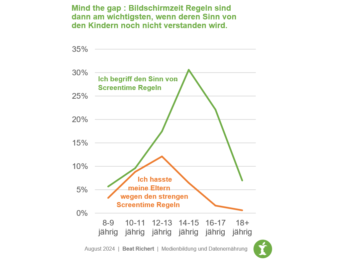Junk in, junk out is an old way of describing the relationship between corrupt and erroneous data being fed to a computer and the useless results being delivered in response. If you deliberately fill an Excel column with a couple of random numbers that you just made up, you know that you cannot trust the sum or average function at the bottom. This common sense is now being reconfirmed by sophisticated machine learning algorithms.
Machine learning refers to autonomous computer programs that feed themselves from large amounts of data without human supervision. So comes that a pattern recognizing algorithm scrolling through hundreds of thousand images concludes that people standing in a kitchen are more likely to be women than men. On the other hand, someone with a gun or a person coaching a sports team is more likely to be a man.
We are about to find out that letting AI lose and eating our own data is a great way of not only breeding sexist views but amplifying gender biased perception. While this comes as a disturbing surprise to many AI researchers, it should not. It is the same junk in, junk out rule applied on another level.
We have now two choices. Either we “correct” the algorithms by hard coding gender neutrality (i.e. fifty-fifty chance between man and woman for each picture with a person cooking, shooting, shopping or playing tennis) or we accept the biased output as a “feature” that makes cold and rational AI systems “more human”.
Should we let AI systems learn by themselves and use them as a mirror for our many biases or should we feed them with gender neutral, morally desirable and ethically acceptable values to help us evolve?
Doing the former will help us learn about ourselves but trigger a downward spiral with bias amplification. Doing the latter will help us to change our biased perceptions but leave the burden of programming global ethical standards to few god like tamer of algorithms. We should take the time to discuss this before economic greed outsources the decision to AI.




